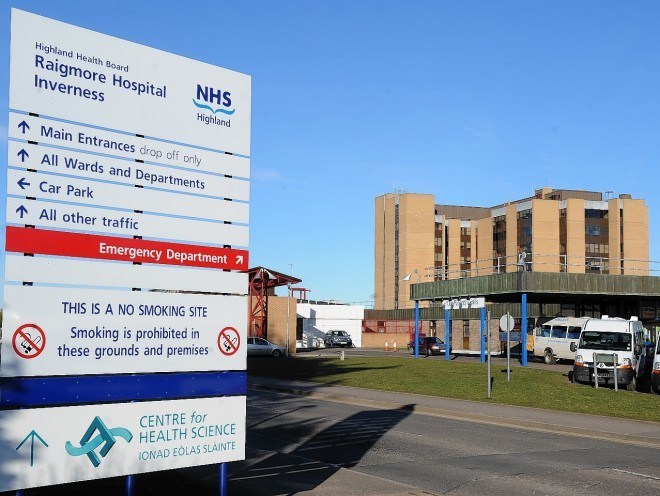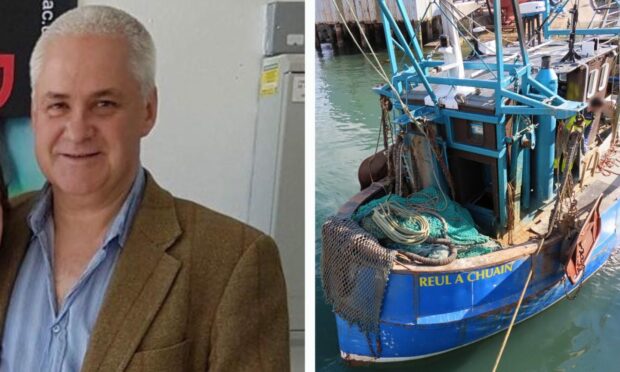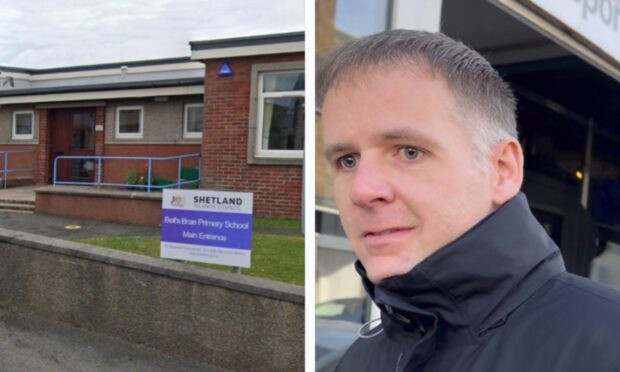Scotland’s health watchdog has condemned a Highland hospital’s apparent reliance on aspirin to prevent blood clots, in upholding a complaint from a hip replacement patient.
The Scottish Public Services Ombudsman (SPSO) found that the man, who has not been identified, was left in a “life-threatening condition”.
The ombudsman’s report reveals that a fortnight after being discharged from Raigmore in Inverness, the patient was readmitted with a blood clot.
During the operation, the patient had been aware that the first attempt to insert the implant into his hip was unsuccessful.
It prolonged the time he was in theatre and, given the length of time the operation was taking, the patient requested further anaesthesia for the pain.
He found the experience “very distressing” and complained that the board had not provided him with a reasonable standard of care.
The patient was discharged from hospital and given aspirin to take.
About two weeks later he was readmitted with a pulmonary embolism – a clot in the blood vessel that transports blood from the heart to the lungs.
National guidelines state that aspirin is “not considered an adequate treatment” for reducing the risk of venous thromboembolism (VTE) for patients in hospitals.
The ombudsman makes recommendations to NHS Highland to prevent a repeat of the incident and the board has been ordered to apologise for the failures in his treatment.
The SPSO was advised that the failure to follow guidelines “led to a significant injustice” in that the patient “suffered a life-threatening condition which required another admission to hospital for treatment.”
His surgeon told the SPSO case reviewer that it was “common throughout Scotland for aspirin to be provided for patients who had undergone joint surgery” even though this is against recognised guidelines.
In the report, the ombudsman said: “I am very concerned not only that the relevant guidelines were not followed but also about the board’s practice in general. It remains unclear if the board have a coherent policy that is being followed within Raigmore Hospital and beyond. As a result, an urgent review is required.”
No-one at NHS Highland was available for comment last night.










